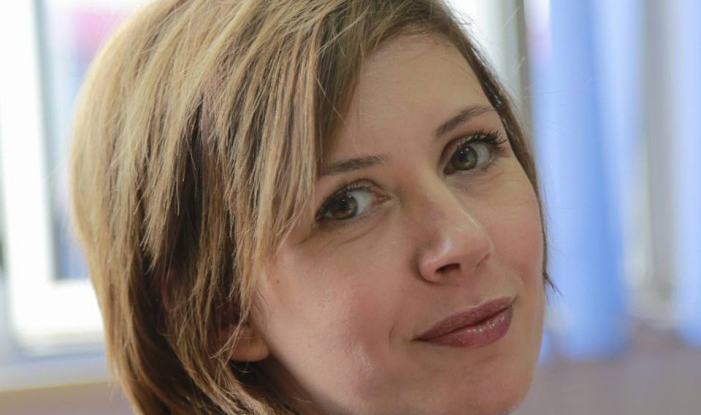
Ambassador Donald Lu tried to use diplomatic language to avoid openly rejecting the new Speaker of Parliament.
Without providing any explanations, he was absent on Saturday, when Gramoz Ruçi was confirmed in his new duty. Similarly, yesterday, the press showed the moment where Mr Lu yanked off his headphones at the time the new Speaker gave his speech in the parliamentary session.
The US Ambassador in Tirana is a knowledgeable speaker of the Albanian language and despite occasional difficulties, he can clearly understand what the Speaker is saying. If under other circumstances, in his confrontations with the Albanian issues, Donald Lu has not hesitated to mention specific names, this time around he chose the diplomatic way. Maybe he refused to be the central figure in a long overdue contestation of a politician and former high official serving the communist regime during the eighties.
In spite of any public dissatisfaction, since Saturday and for the next four coming years, in every significant international meeting, Albania will be represented by an apparatchik of the former communist regime who doesn’t speak any foreign languages.
Edi Rama, who scolded the ambassadors representing Albania, blaming them for the poor representation of his country, brazenly decided to choose as his main representative a former devoted communist whose resume, despite his fatherly appearance, doesn’t hide the fact that he was for many years the Secretary of the Party of Labor in Tepelena. And much has been said about his former post as the Minister of Internior Affairs during the government of Fatos Nano in 1991. But, certainly, the former right hand of Nano betrayed the latter when Edi Rama took over the party, not rarely serving as the crutches of a leader who barely had any connection with the Socialist Party.
His return to the political elite of Albania is certainly connected with the distorted nostalgia of the Prime Minster, who previously held the flag of communism up high. Today the hunger for power crushes the pain and human sensitivity of Albanians who were killed, incarcerated, interned, and mistreated during the past 25 years.
The pain becomes even greater, when during the vote for a former high official of dictatorship, even some of the people who should be theoretically against and should have protested this unprecedented act, unseen in any other countries of the former communist bloc, voted in favor.
The reasons behind the failure of the opposition are without a doubt the responsibility of its new leadership, which, before urging people on to protest, should maybe have convinced its own deputies to vote and maintain their stance against this former high communist official.
The people who are heavily criticizing the new head of the opposition must not forget that for many consecutive years they worked with comrade Gramoz in Parliament and elsewhere. Other times, they signed or struck agreements, closing an eye for the sake of power and politics. Today, it is actually too late for their crocodile tears over the voting process and their sensitive responses toward the formerly persecuted people are futile.
It should be clear to this category of former high officials and former politicians of the Democratic Party that the largest part of responsibility for the debilitated state of the survivors of the communist prisons is theirs. The former ministers and leaders never attempted to engage the offspring of the former politically prosecuted victims into their politics.
The right-wing class that governed for eight years is the reason that today there is not a single day to commemorate the victims of the cruelest regime in Europe.
So, today, Lulzim Basha must hold responsibility for the voting run, and let the others, who worry most about their asset declarations while winking at comrade Gramoz, should pay for the rest of their sins.

